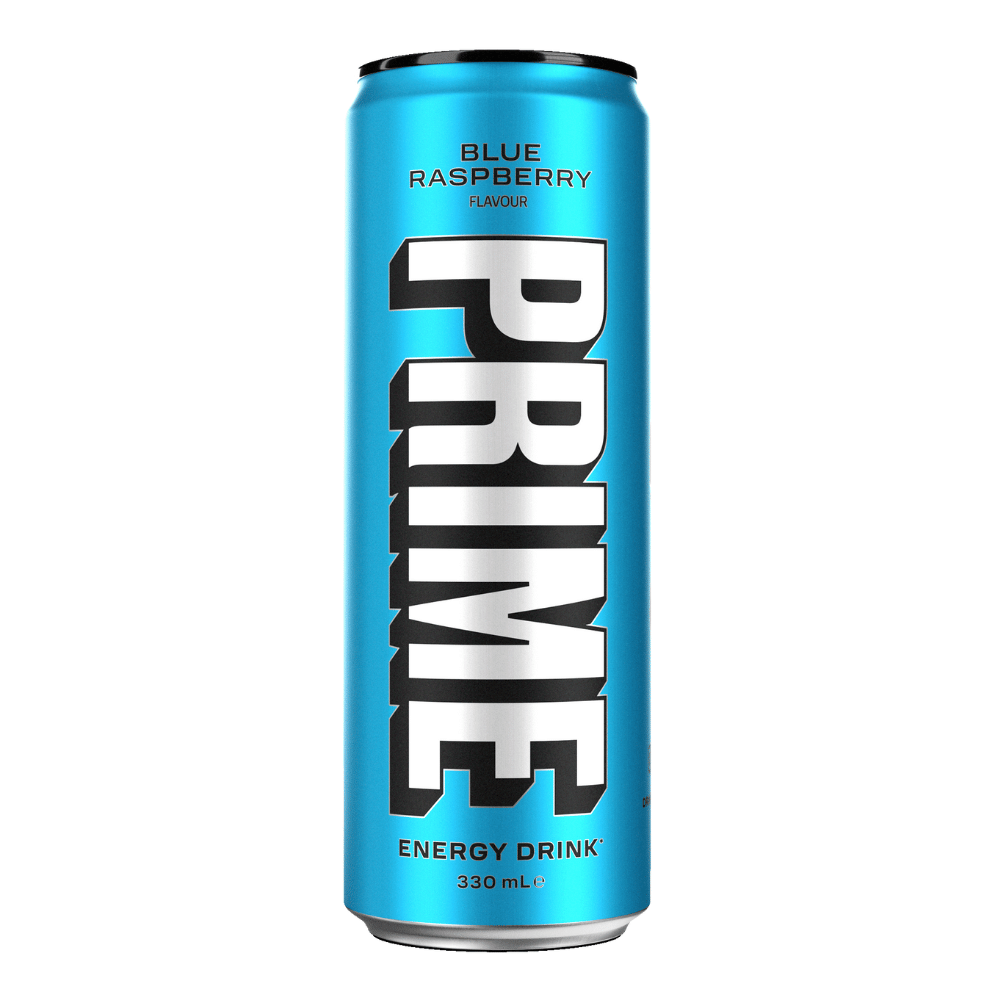Introduction to Energy Drinks and Teen Health
Effects of energy drinks on the teenage body! Energy drinks have surged in popularity among teens. They promise quick energy boosts and improved performance. However, the impact of these drinks on teen health raises concerns. Teenagers face unique health challenges as their bodies grow and develop. Adding energy drinks into the mix may lead to unintended consequences.

These drinks often contain high levels of caffeine, sugar, and other stimulants. Such ingredients can affect the teenage body significantly. We will explore how these common ingredients impact physical and mental health. We’ll also look at trends in consumption and seek expert medical advice. Lastly, we will consider healthier alternatives for teens needing an energy kick. Our goal is to present a well-rounded view of the effects of energy drinks on the teenage body.
Common Ingredients in Energy Drinks and Their Effects
Understanding what goes into energy drinks is essential when assessing their safety for teens. The key components typically include caffeine, sugar, and a mix of other stimulants or vitamins. Each has a distinctive effect on the teenage body.
- Caffeine: This is the primary ingredient in most energy drinks, known for its stimulating effects. In teens, caffeine can lead to increased alertness but also cause jitters, anxiety, and sleep disturbances. High caffeine intake can result in a raised heart rate and blood pressure.
- Sugar: Energy drinks often contain high sugar levels, which provide a quick, but short-lived, energy spike. Overconsumption can lead to weight gain, dental problems, and an increased risk of type 2 diabetes. Teens consuming sugar-laden energy drinks may experience a ‘crash’ as their blood sugar levels plummet after the temporary high.
- Other Stimulants: Taurine, guarana, and ginseng are common in energy drinks. These compounds may amplify the effects of caffeine, leading to heightened risks. Their full impact on adolescent health remains poorly understood, though there are concerns they might contribute to heart palpitations and nervous system issues.
- Vitamins and Minerals: Some energy drinks add vitamins and minerals, claiming health benefits. However, these can be obtained from a balanced diet, and excessive intake might pose health risks. Specifically, too much vitamin B can cause nerve damage over time.
The effects of energy drinks on the teenage body are influenced by the dosage and combination of these ingredients. As the teen body is still developing, it’s critical to understand these effects thoroughly. Parents and teens alike should be educated about these components and their potential consequences on health.

Physical Health Impacts of Energy Drinks on Teens
Energy drinks can harm teen physical health in multiple ways. The high caffeine content may increase heart rate and blood pressure. Such changes can stress the heart and cardiovascular system. Teens with undiagnosed heart conditions are particularly at risk.
Consuming these drinks regularly can also lead to caffeine dependence. Withdrawal symptoms include headaches, fatigue, and difficulty concentrating. The high sugar content contributes to obesity and diabetes among teens. Frequent intake can cause tooth decay and poor oral health.
Moreover, the combination of various stimulants can affect the body’s hydration levels. Energy drinks may cause dehydration, especially when consumed during physical activity. This can lead to heat-related illnesses or kidney problems in the long run.
Lastly, excessive intake of vitamins and minerals from these drinks can be toxic. An overload of vitamin B, for example, can damage nerve functions over time. Teens should get nutrients from natural food sources instead.
In summary, energy drinks pose several risks to teen physical health. These include potential heart issues, dependence, and metabolic disorders. It’s important for teens to understand these risks and limit their consumption.
Energy Drinks and Their Effect on Teen Mental Health
The mental effects of energy drinks on teens can be as impactful as the physical ones. Caffeine and other stimulants often found in these beverages can significantly influence the young brain. Here’s how:
- Increased Anxiety: High doses of caffeine can lead to heightened anxiety levels in teens. They may feel more on edge or nervous after consuming energy drinks.
- Mood Swings: The sugar crash after the energy spike can cause rapid mood changes. Teens might experience bouts of irritability or sadness as their sugar levels drop.
- Sleep Disturbances: Consuming caffeine late in the day can disrupt sleep patterns. This can affect a teen’s ability to concentrate and perform in school the next day.
- Concentration Issues: While initially, caffeine might seem to aid focus, overuse can lead to poor concentration. Teens might find it hard to pay attention for longer periods.
- Risky Behavior: There’s evidence that suggests caffeine consumption can be linked to riskier behavior in teenagers. The altered state of alertness might lead to poor decision-making.
Given the sensitive stage of brain development in teenagers, it is crucial to monitor their intake of substances like caffeine and sugar. Parents, educators, and teens themselves should be aware that the boost from energy drinks can come with hidden mental health costs. Limiting energy drink consumption might prevent these adverse effects and promote better mental health.

Trends and Statistics: Energy Drink Consumption Among Teens
To grasp the extent of energy drink consumption among teenagers, it’s important to look at the current trends and statistics. Here’s what we know:
- Growing Popularity: Energy drinks continue to gain traction with the youth demographic. Marketing tactics often target teens appealing to their desire for increased energy and enhanced performance.
- High Consumption Rates: Studies reveal a significant portion of teenagers consume energy drinks regularly. It is not uncommon for teens to consume these drinks multiple times a week, some even daily.
- Peer Influence: Among teens, peer pressure can play a big role in the consumption of energy drinks. Friends’ habits often influence individual choices, increasing the likelihood of trying and continuing to consume these beverages.
- Availability and Accessibility: With energy drinks being readily available in stores and vending machines, teens have easy access to them. Their presence in locales frequented by teenagers contributes to high consumption rates.
This data points to a notable concern regarding energy drink consumption and its effects on the teenage body. As consumption rises, it’s important for parents, guardians, and educators to be aware of these statistics. They suggest a need for increased education on the potential health risks associated with energy drinks for our youth. Recognizing these trends, we can begin to understand the magnitude of energy drinks’ impact on bodily health and mental well-being of adolescents.
Expert Opinions and Medical Advice on Teens Consuming Energy Drinks
Seeking expert opinions and medical advice is critical when considering the effects of energy drinks on the teenage body. Medical professionals generally caution against excessive consumption of these beverages by adolescents. Here are some key perspectives from health experts:
- Risk of Addiction and Substance Abuse: Doctors warn that the high caffeine content in energy drinks can lead to addiction. Teenagers may start to rely on these drinks for daily activities, potentially leading to substance abuse.
- Impact on Developing Bodies: Pediatricians stress that adolescents are still growing. The stimulants in energy drinks can negatively impact their developing cardiovascular and nervous systems.
- Nutritional Imbalances: Nutritionists point out that energy drinks are not replacements for a balanced diet. They lack the essential nutrients needed for healthy growth and can contribute to poor eating habits.
- Encouraging Healthy Lifestyles: Healthcare providers advocate for promoting exercise, proper diet, and sufficient sleep as healthier ways for teens to gain energy. They suggest that these natural methods are far more beneficial in the long run.
- Guidelines for Consumption: When asked, medical experts recommend moderation if teens choose to consume energy drinks. They also emphasize the importance of monitoring for any adverse health reactions.
In essence, the consensus among healthcare professionals is that the risks outweigh the benefits when it comes to teens consuming energy drinks. They suggest that education on healthier lifestyles and close supervision of consumption habits is essential for teen well-being.
Alternatives to Energy Drinks for Teens Seeking Energy Boosts
With the potential risks of energy drinks on the teenage body, exploring healthier alternatives is vital. Teens seeking energy boosts can consider several natural options. These not only provide energy but also contribute to overall well-being.
- Balanced Diet: Consuming a balanced diet rich in fruits, vegetables, whole grains, and lean proteins ensures steady energy throughout the day. Such foods release energy slowly, unlike the quick spike and crash from sugary drinks.
- Hydration: Staying hydrated is key to maintaining energy. Water is the best choice. It helps in metabolism and keeping the body functioning well.
- Regular Exercise: Physical activity increases energy levels naturally. It improves cardiovascular health and releases endorphins, elevating mood and vigor.
- Adequate Sleep: A good night’s rest is essential for energy. Teens should aim for 8-10 hours of sleep to allow their bodies to recharge.
- Stress Management Techniques: Activities like yoga, meditation, or simple breathing exercises can reduce stress and increase mental alertness, reducing the need for artificial stimulants.
- Healthy Snacks: Nuts, yogurt, and fruit are great for a quick energy boost. They contain natural sugars, proteins, and good fats that provide lasting energy.
- Tea: For those who want a caffeine boost without the extreme effects, green tea is a milder option. It has antioxidants that benefit health too.
These alternatives not only help teens avoid the negative effects of energy drinks on the teenage body but also encourage a healthier lifestyle overall. Parents and educators should guide teens toward these natural and beneficial choices for an energy boost.
Concluding Thoughts on Energy Drinks and Teen Wellness
When we consider the effects of energy drinks on the teenage body, caution is key. The rise in popularity of these beverages among teens is alarming. High levels of caffeine and sugar pose real risks to both physical and mental health. Heart problems, addiction, and nutritional imbalances are just a few concerns we’ve delved into.
Teens are in a critical phase of growth and development. It’s a time when healthy habits can set the stage for future well-being. Hence, consuming natural, nutrient-rich foods and staying active are vital. They should choose water and healthy snacks over sugary, caffeinated drinks.
Parents and educators play a crucial role. They need to guide teens towards healthier choices and away from energy drinks. Together, we can prevent the negative impacts that these drinks can have on young people’s health. So let’s encourage teens to opt for natural energy sources. They provide a safer and more sustained boost to their energy and overall wellness.
In summary, the message is clear. Energy drinks and the teenage body do not mix well. Education, awareness, and healthy alternatives are the best ways to support our youth. Let them thrive without depending on artificial stimulants for their energy needs.
